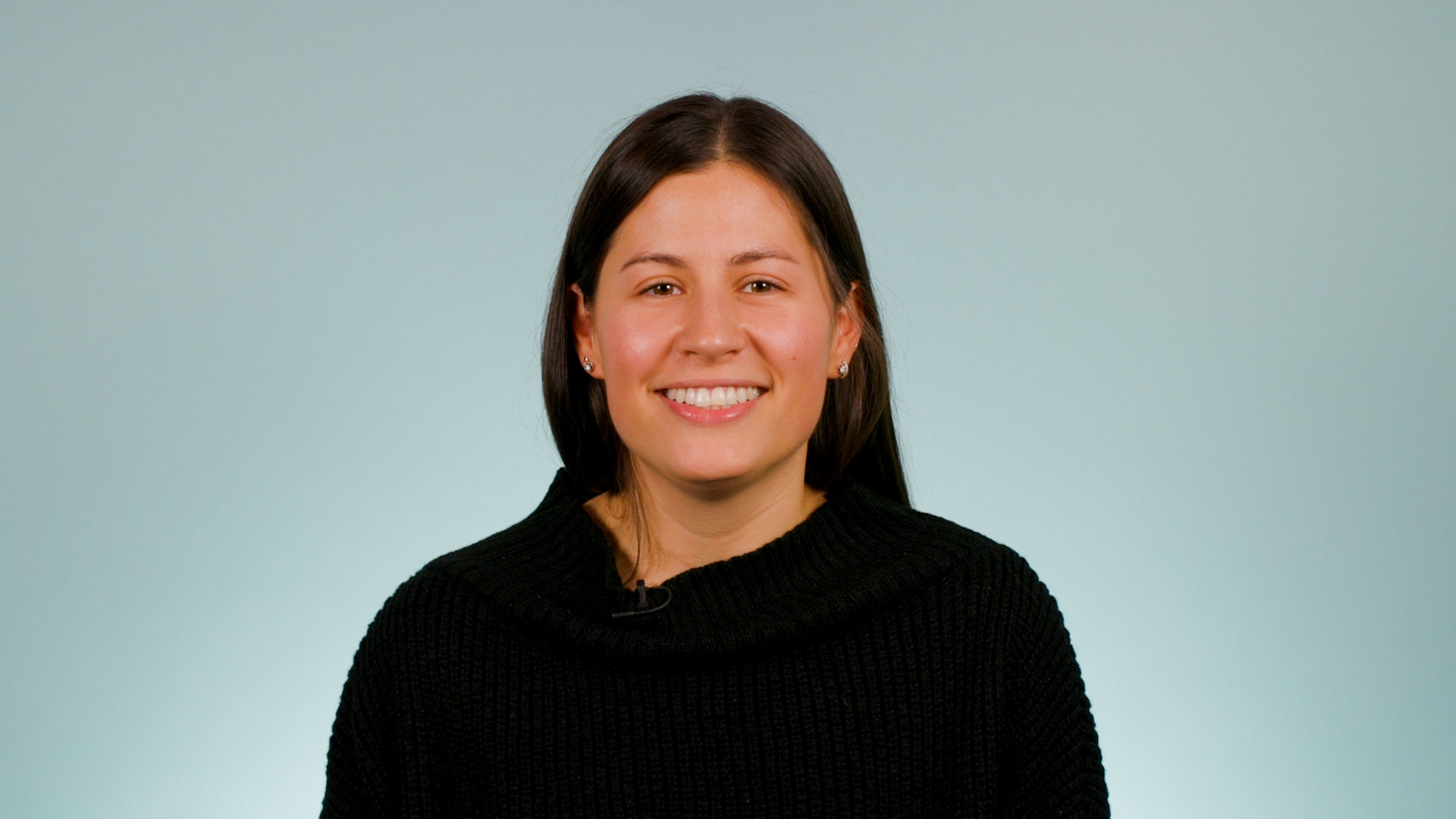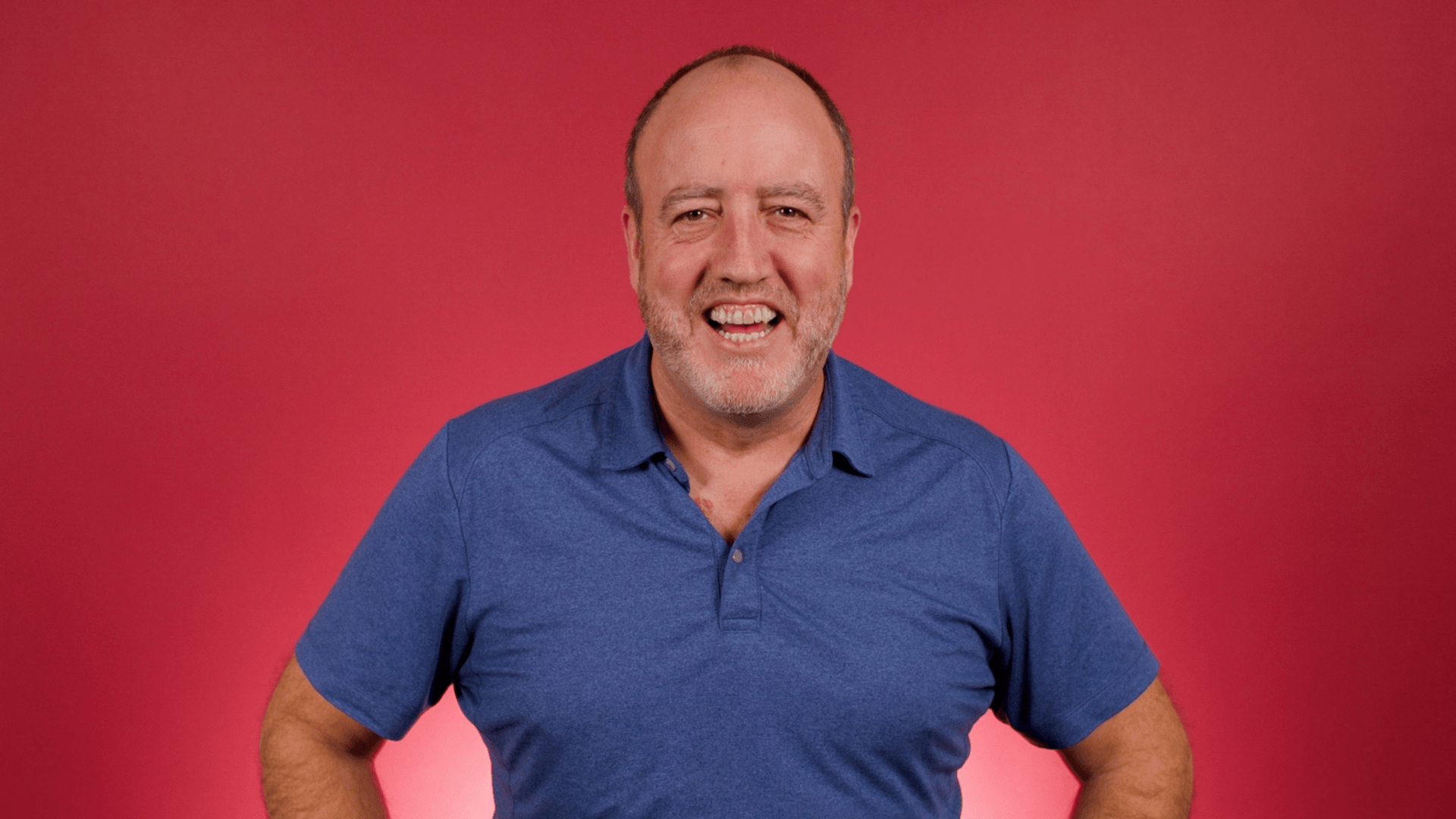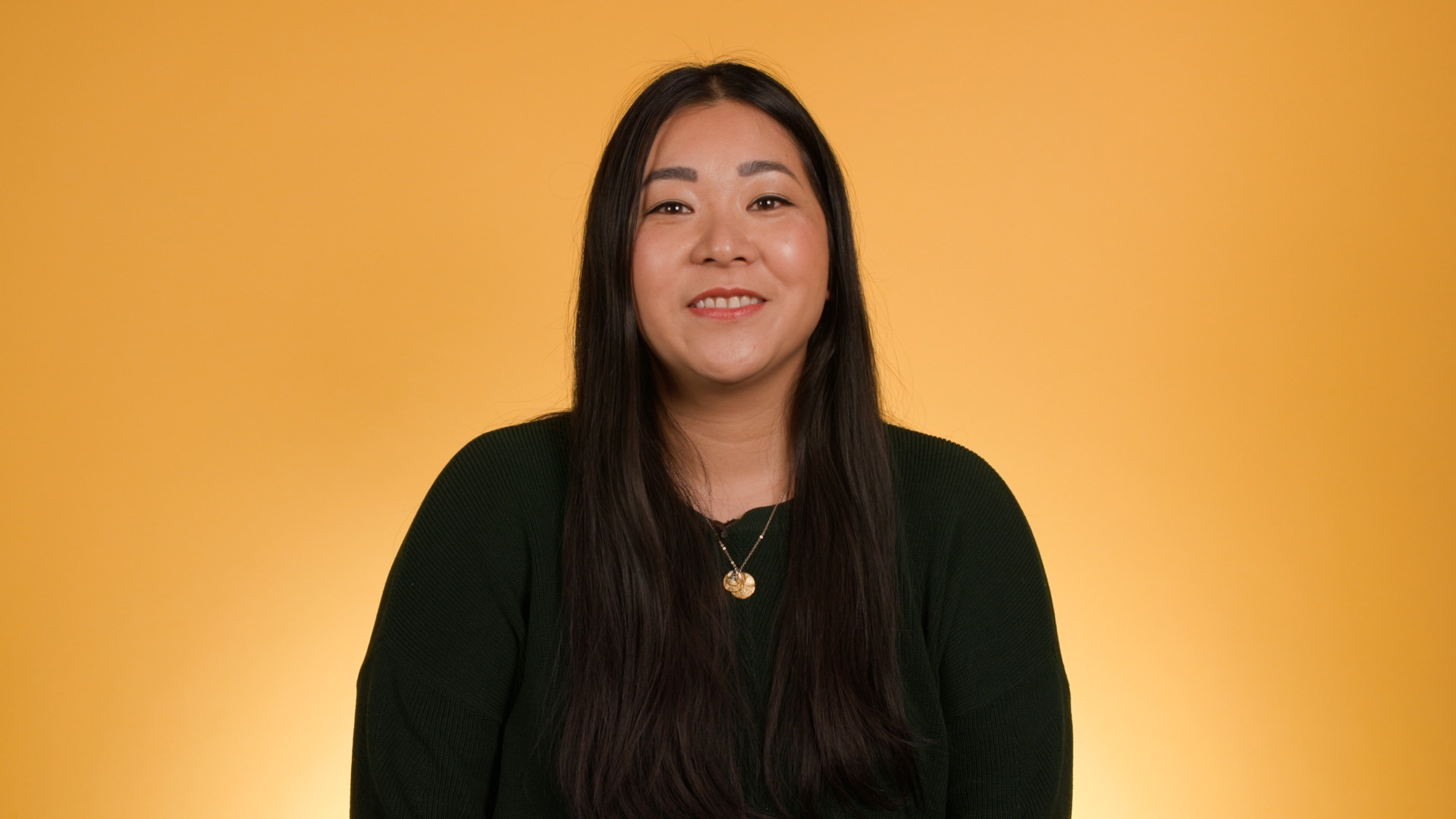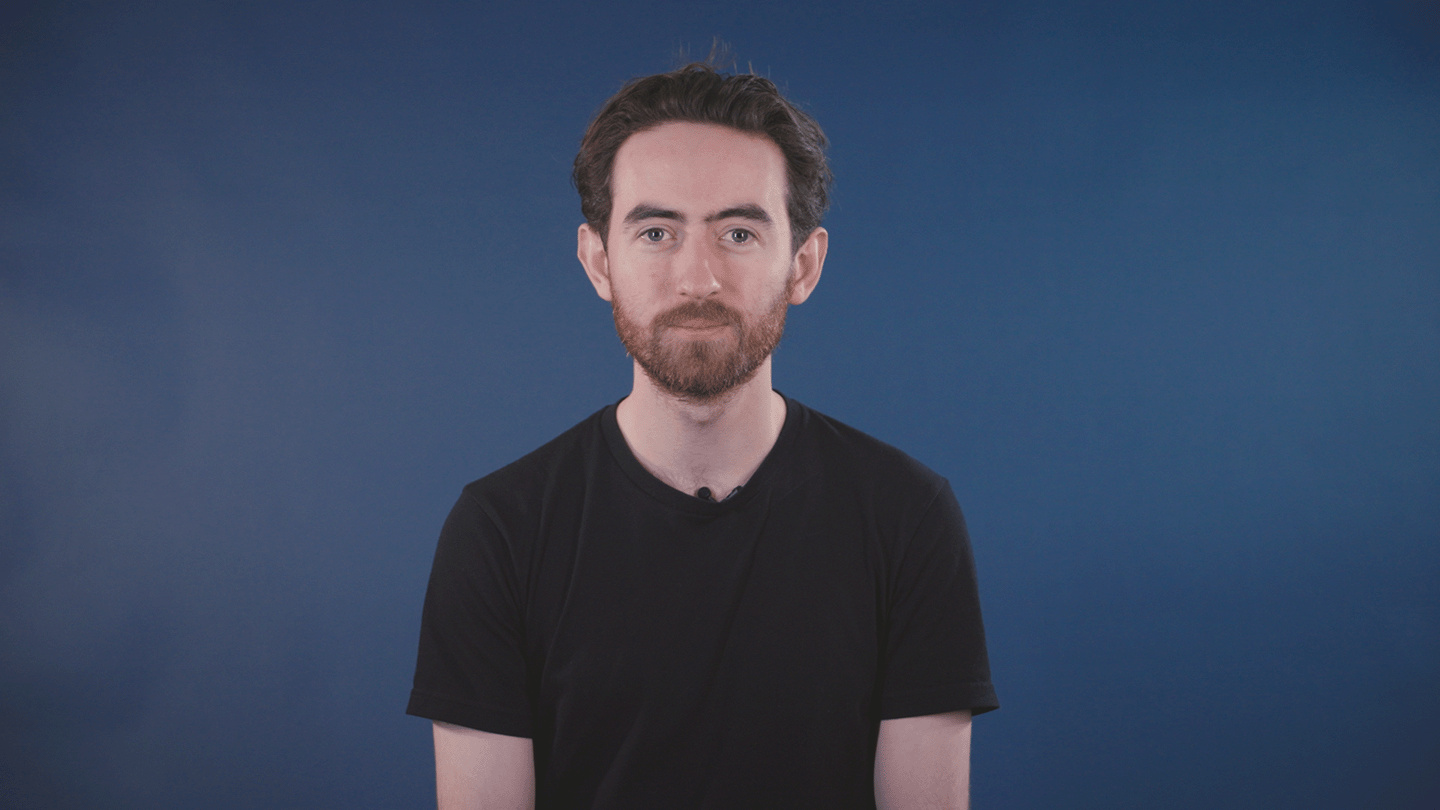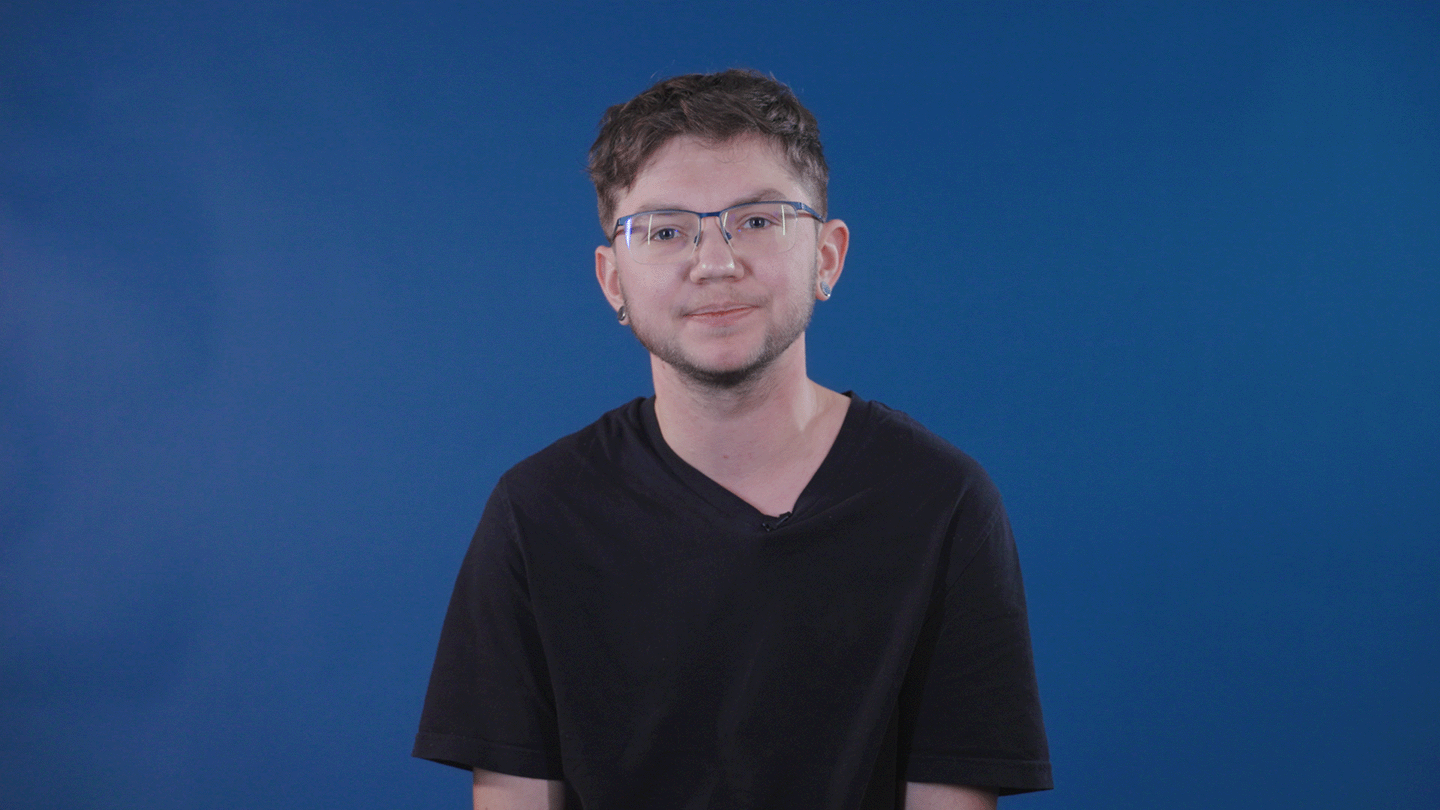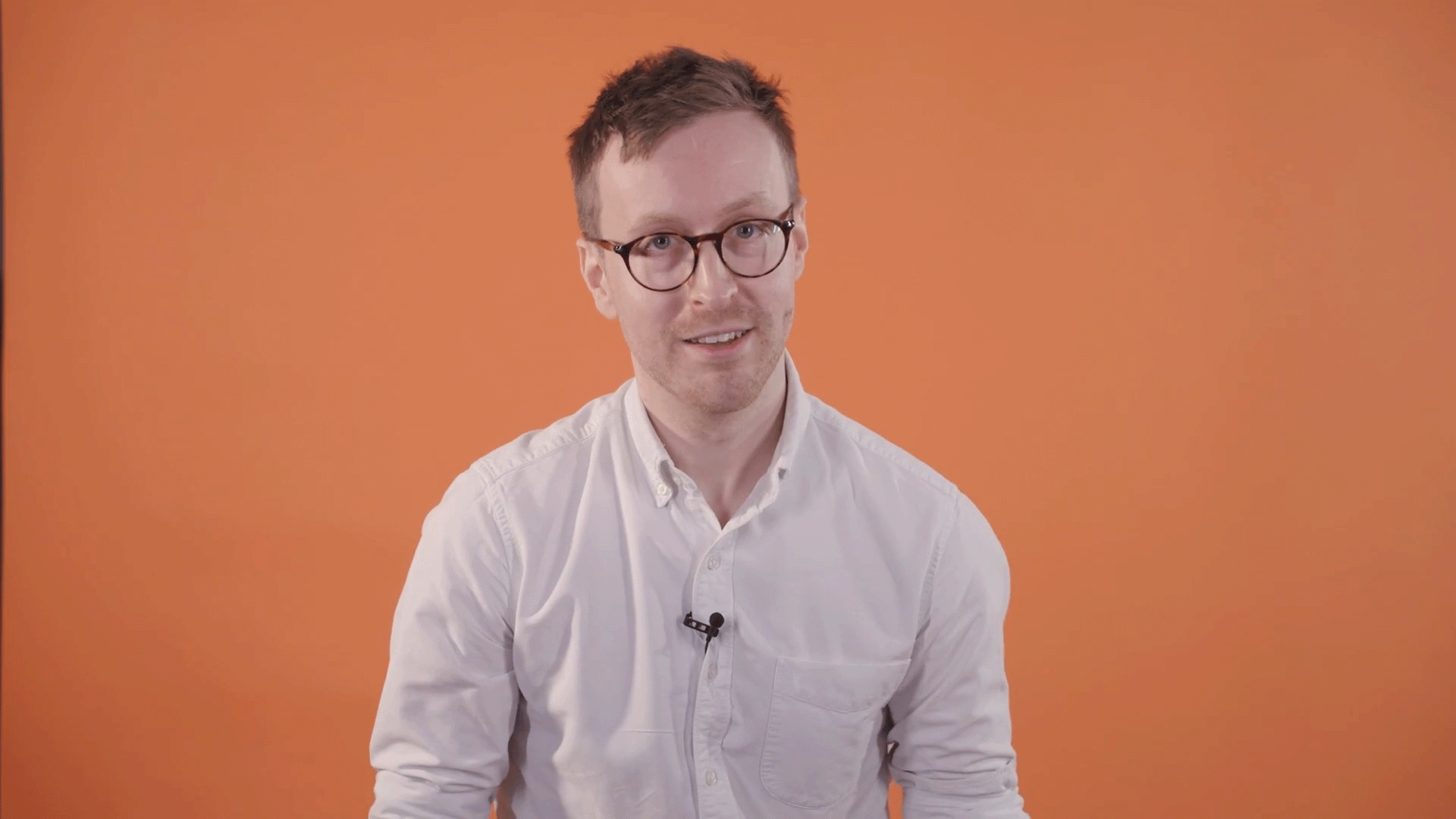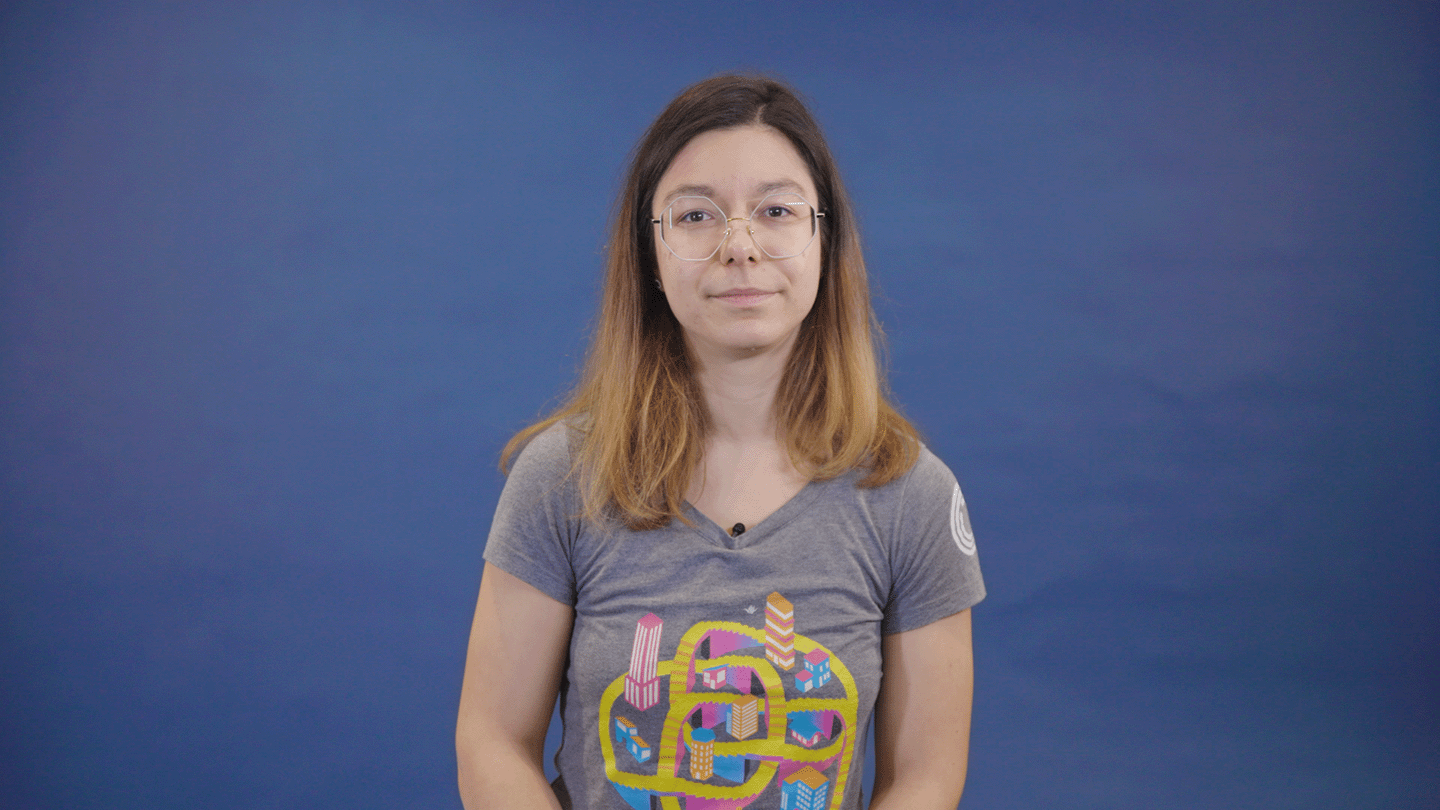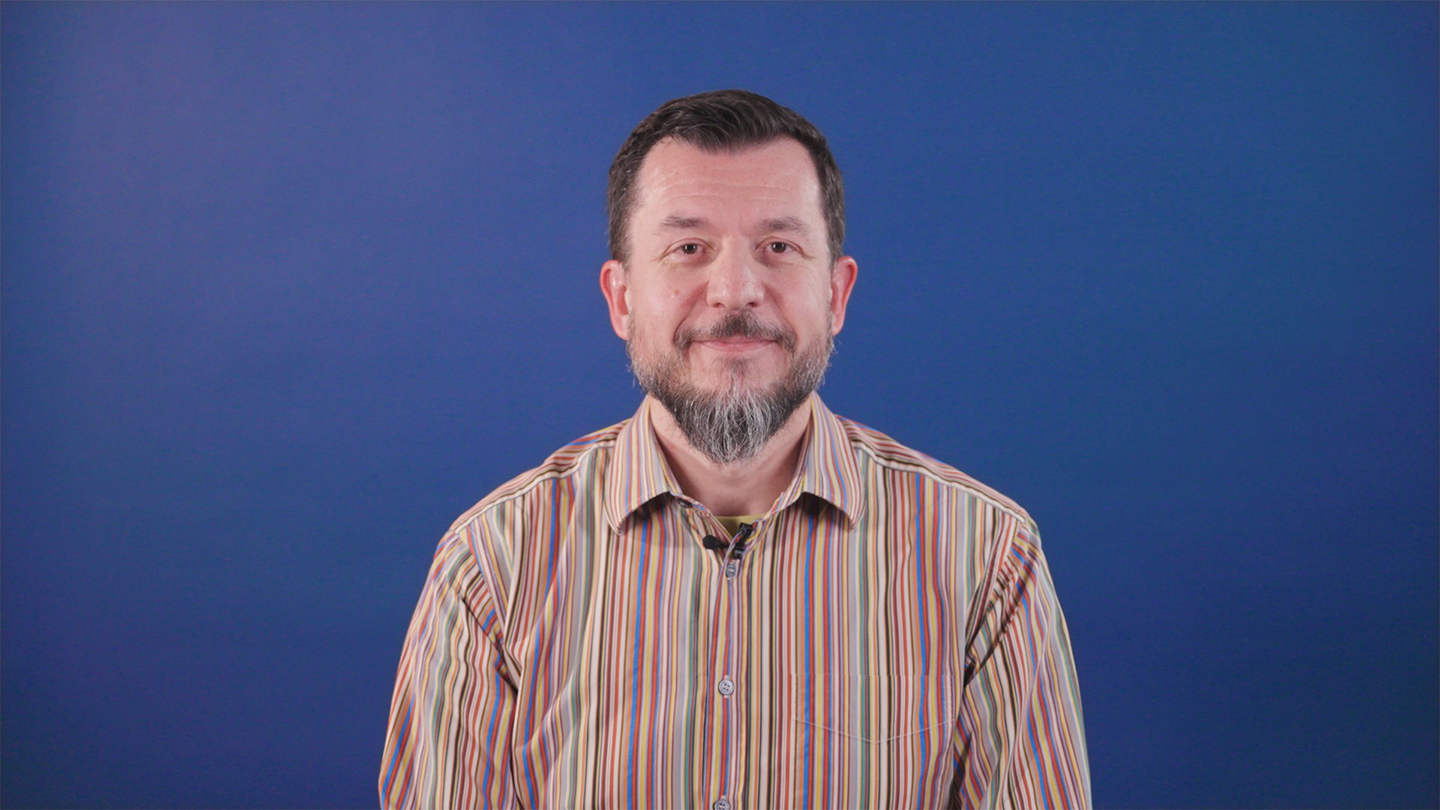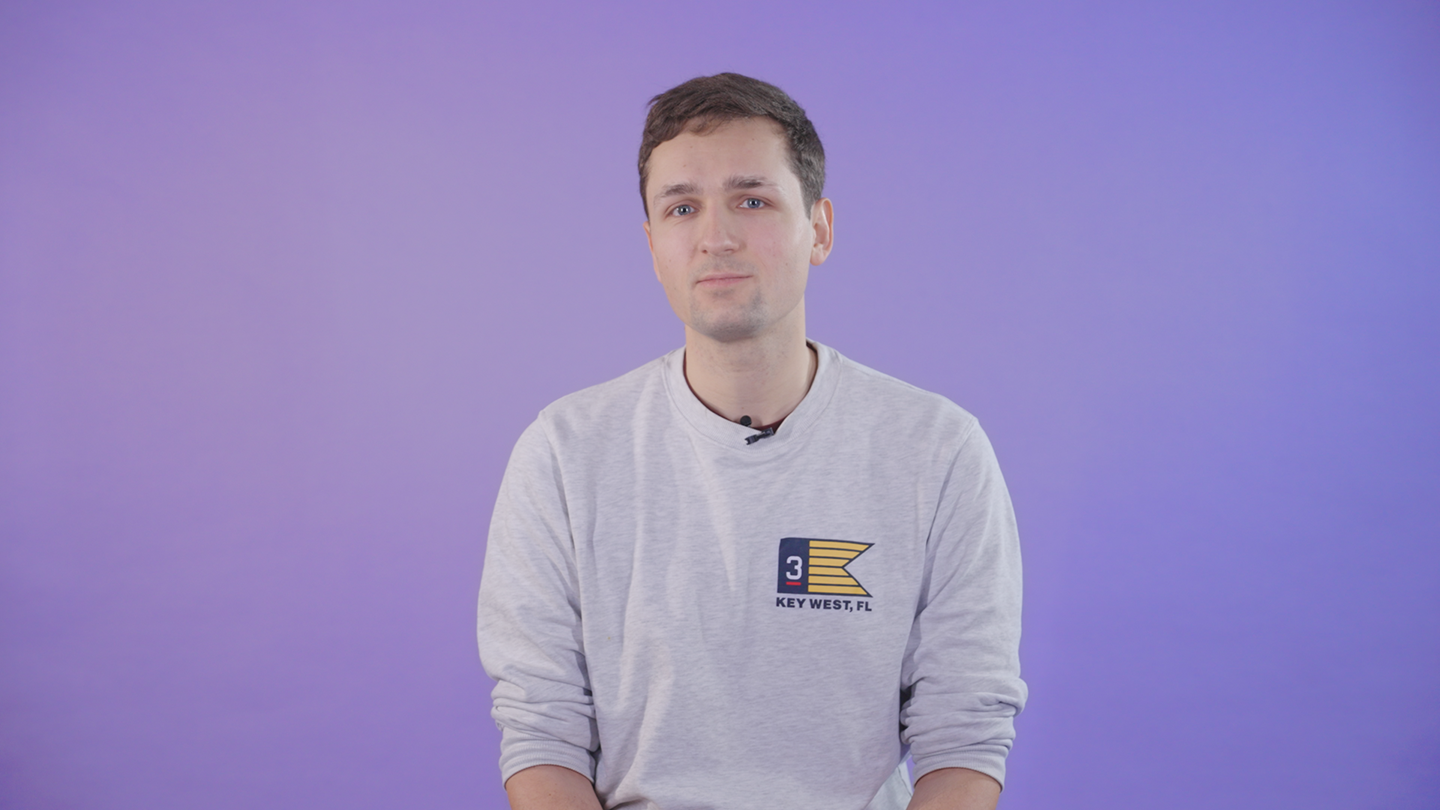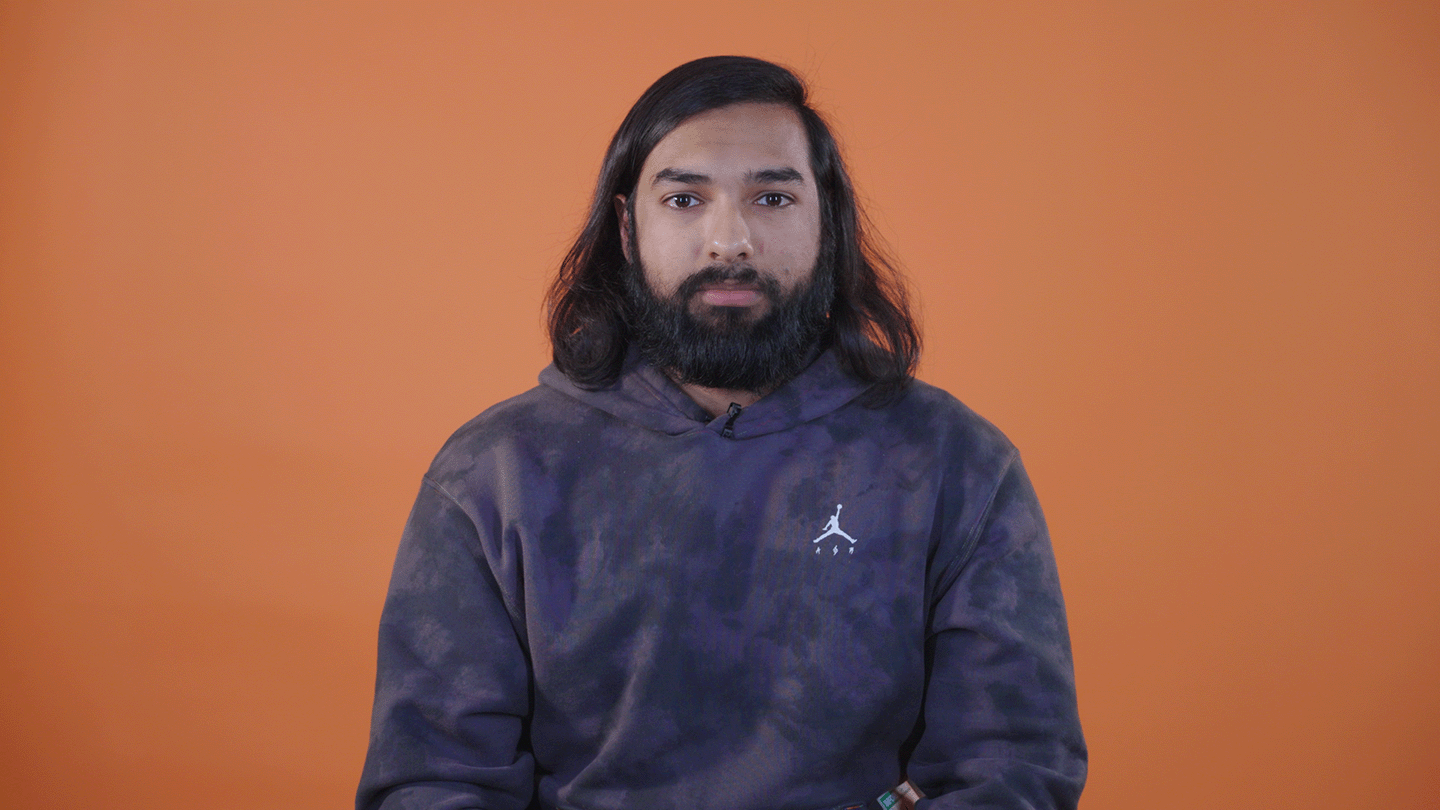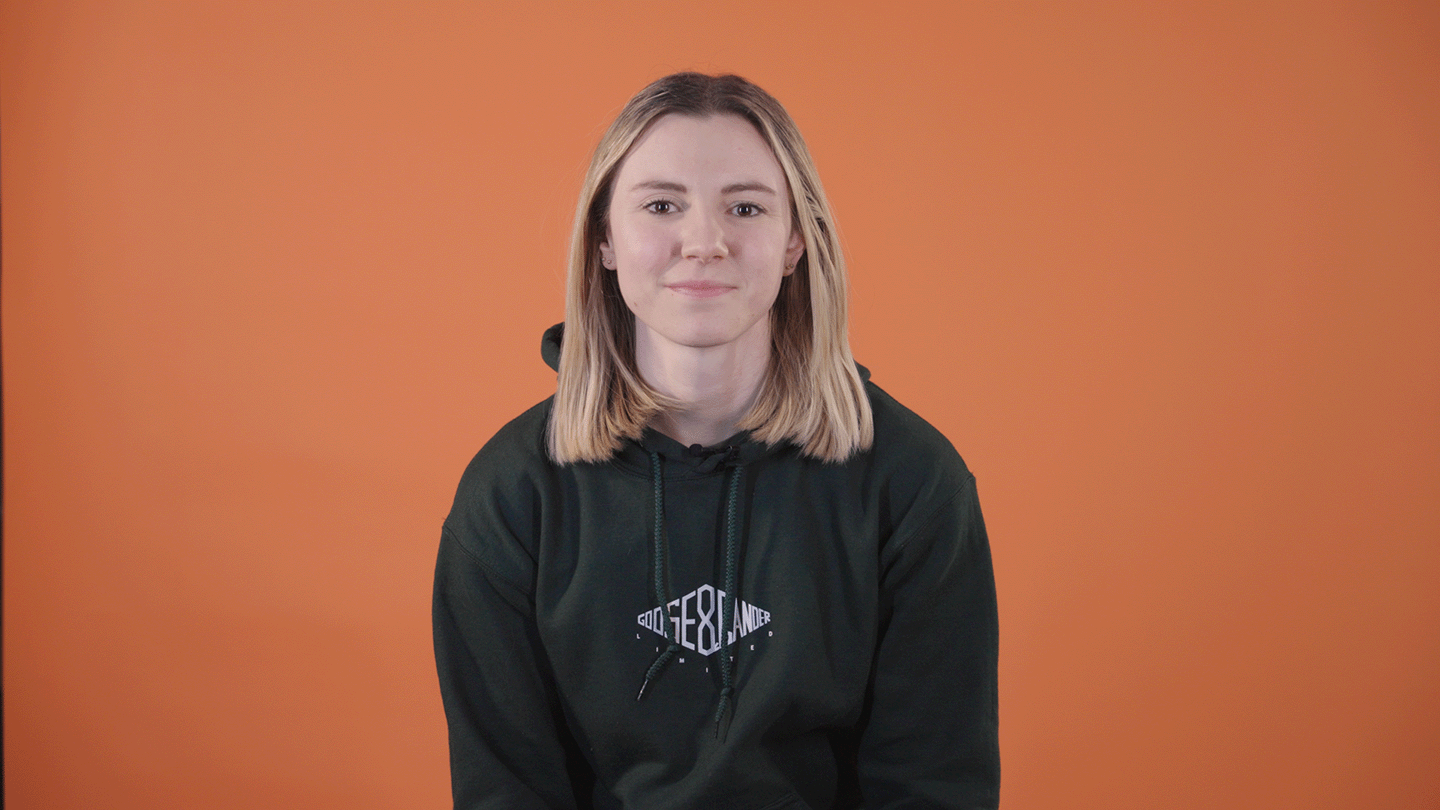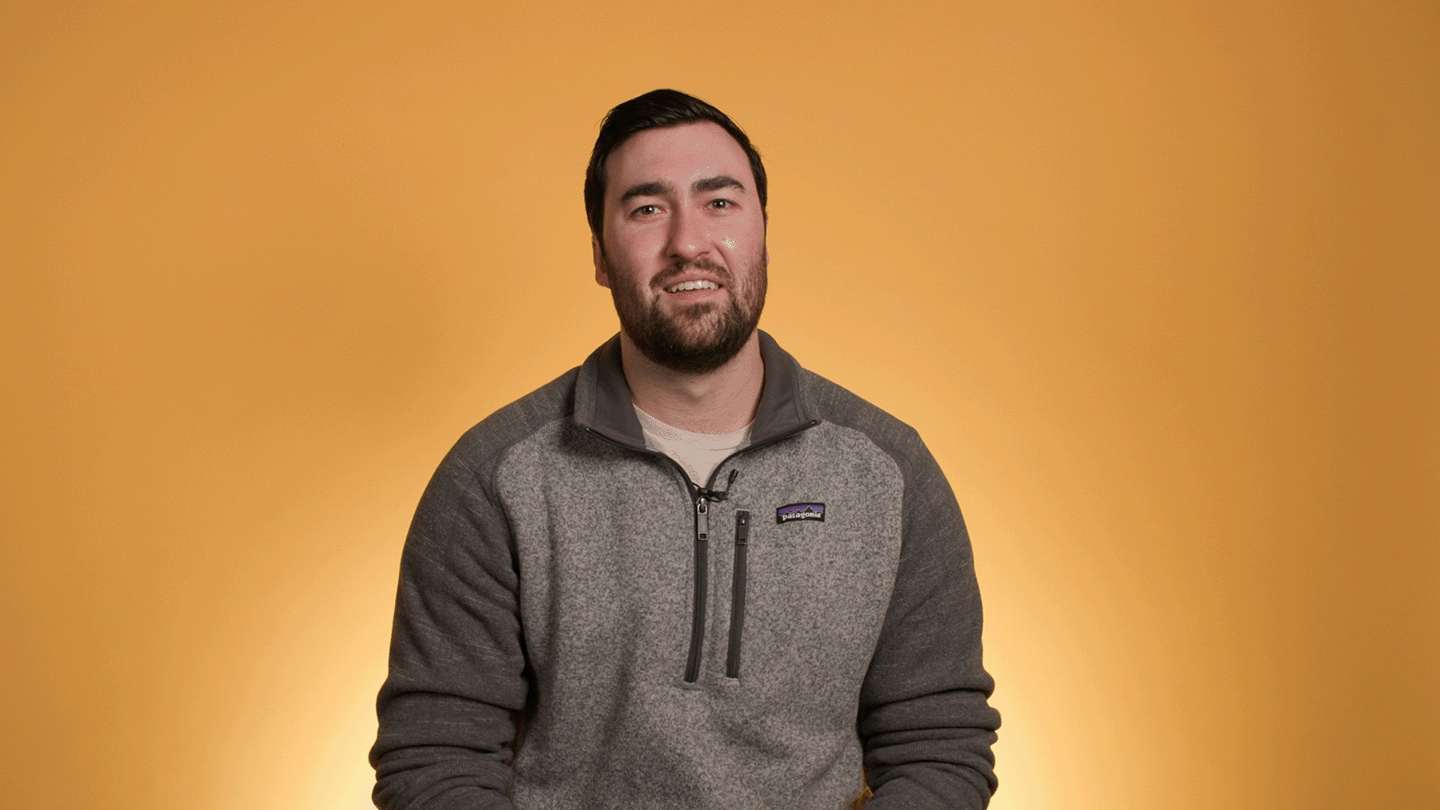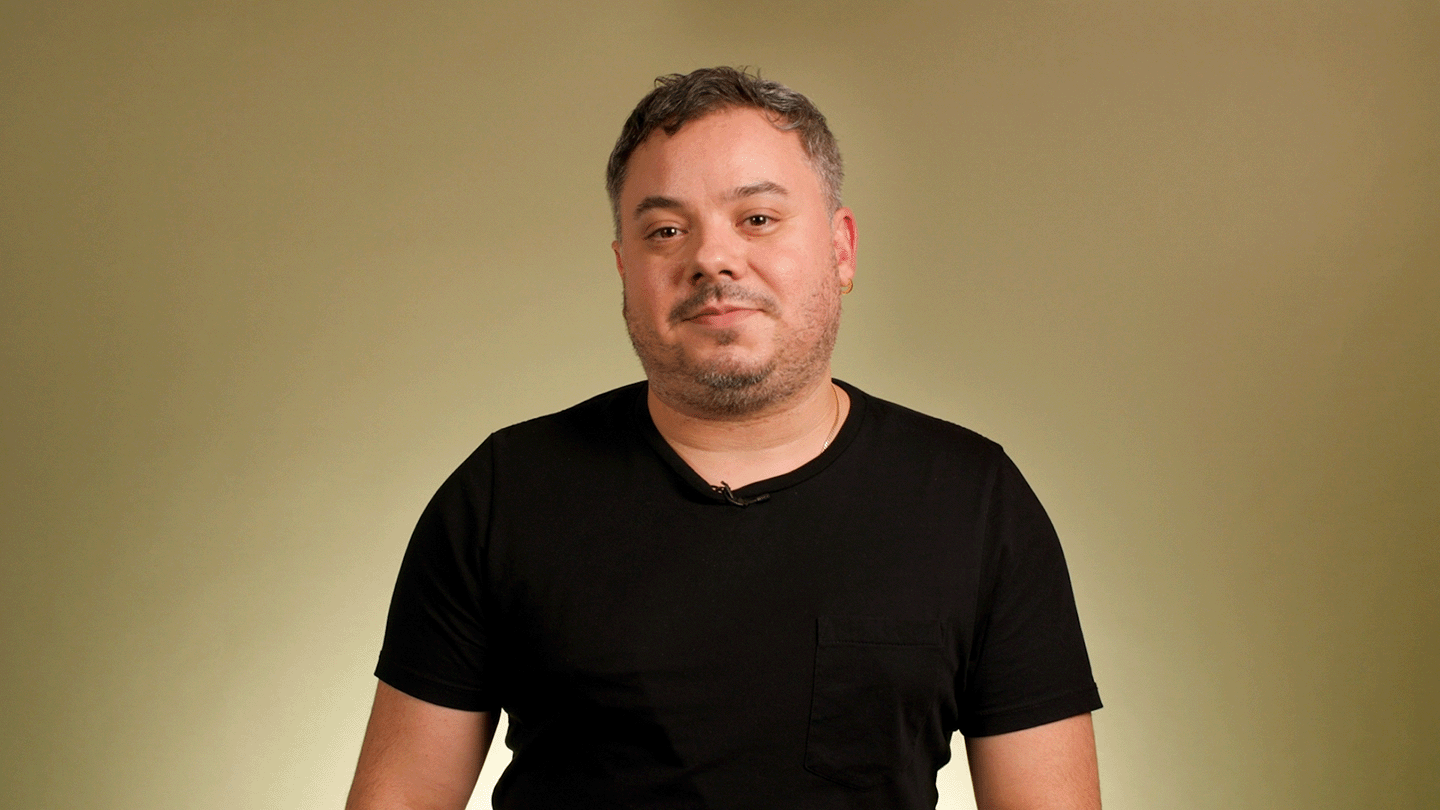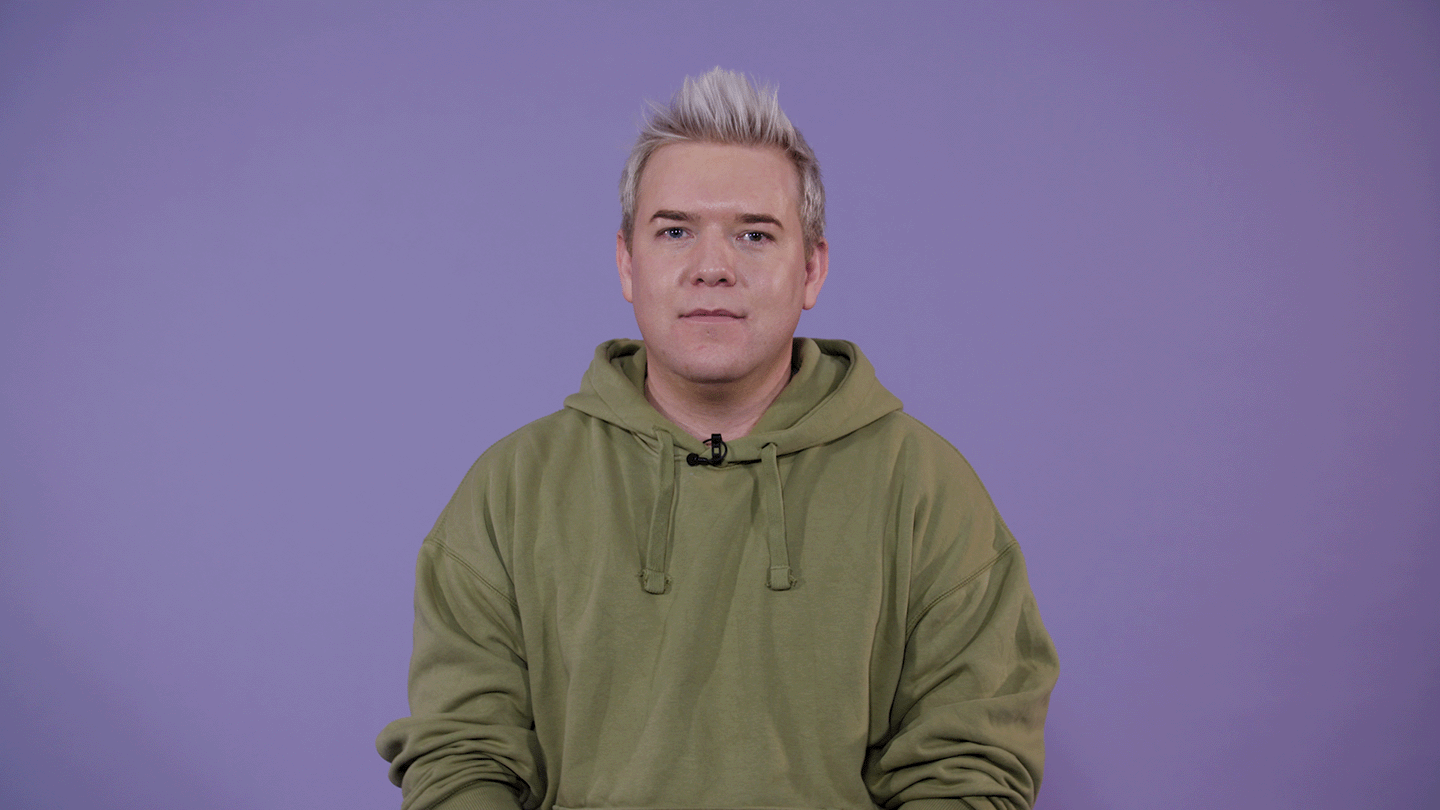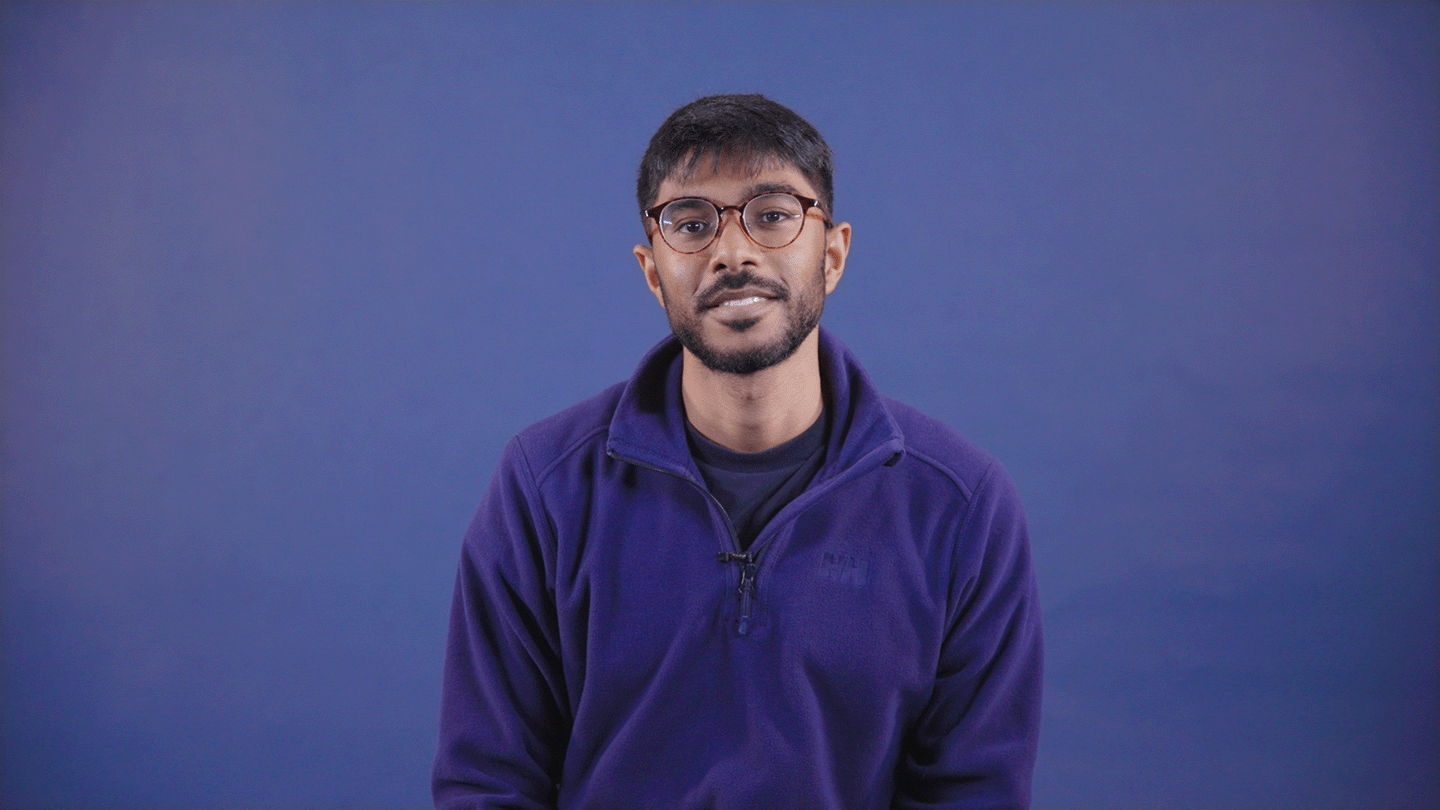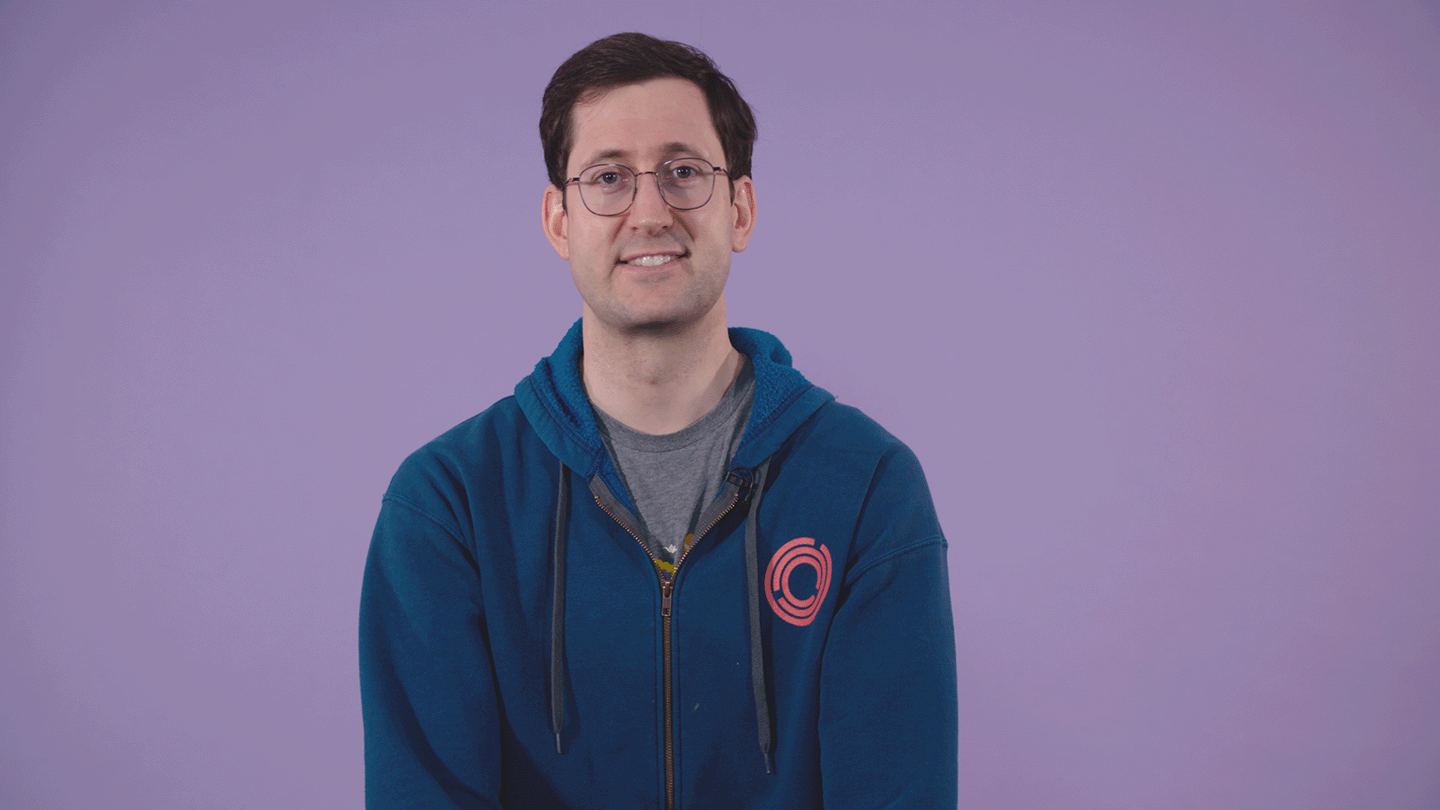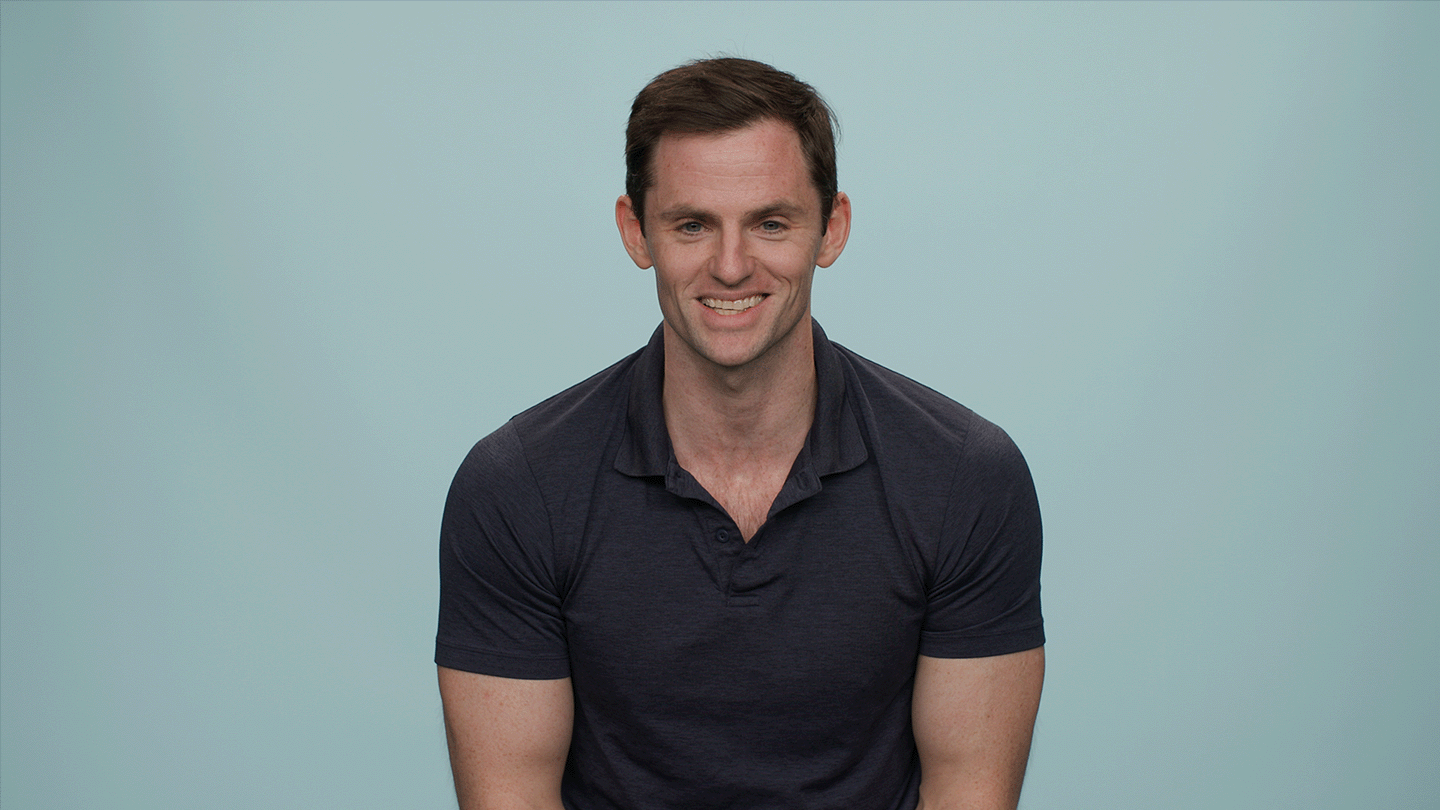Transcript
GET TO KNOW US | JANE STREET
Hi, I’m Liora. I’m in the London office. I started at Jane Street in 2019 and I’m a Production Engineer.
WHAT ARE YOUR RESPONSIBILITIES AS A PRODUCTION ENGINEER AND HOW DOES YOUR ROLE FIT WITHIN THE FIRM?
So as a Production Engineer, you’re on the front lines of production issues. So we are in live time monitoring our systems. Any issues that happen can be raised to us and we’ll be the first people to respond and triage those problems and try to address them and pull in the right people to fix them. Production Engineers on all teams really help the firm function smoothly on a day-to-day basis and actually accomplish all the trading that we want to do and maximize the training that we can do given our infrastructure.
WHAT IS YOUR DAY-TO-DAY LIKE?
If I’m on the support rotation, I’ll be present at my desk responding to questions from operations, traders, and other devs. I’ll be fielding emails, I’ll be looking at alerts that our systems have raised and reading them, maybe looking through logs and trying to fix any of those problems. If I’m not on the support rotation, then I’ll be working on a project. The projects that we work on can span multiple areas. One area that you might work on for a project is a system that will help improve your time on support. So, maybe you’re working on some generic tooling that any support team could use to work more efficiently. Another project you might be working on is an app within your team, so you’re doing a deep dive project on one of those apps so that you know it better and then can provide better support overall.
WHAT SKILLS HAVE HELPED YOU SUCCEED IN YOUR ROLE AT JANE STREET?
Communication is a really important skill as a Production Engineer and specifically being able to communicate with anyone, regardless of the context that they have about the problem. So a lot of times on support, we are the go-to people, and so we’re talking to devs who have a lot of technical knowledge and expertise about a system or problem. And then we’re also talking to people in Trading and Operations who have a much more business-focused sense of the problem. And we’re trying to bridge the gap and explain things and glean information from both parties to kind of help everyone at the firm solve the problem together. I think being able to seamlessly transition between those types of people and being able to talk to people regardless of if they know the same set of things that you know is very helpful.
HOW WOULD YOU DESCRIBE THE CULTURE AT JANE STREET?
I think we have a really healthy culture at Jane Street. For me, one of the best parts about the culture is that everyone is very much willing to help each other. We’re all on the same team and we all have the same goal of helping the firm perform well. If I have a question about, say, a piece of code that I find, people stay at Jane Street for a long time, so I can probably go find the person who wrote that code and they will be happy to talk to me about my question. They’ll be happy to give up their time and explain something to me. It’s a very comfortable culture where you can grow and learn.
HOW DO YOU COLLABORATE WITH PEOPLE ON YOUR TEAM AND THOSE IN OTHER GROUPS?
When I’m on support, I’m talking to people who are on dev teams, who are in Operations, who are in Trading, who maybe are even on other support teams. So I actually get to know a lot of people around the firm. It’s one of my favorite parts of my job. And then when I’m on project work, I will work with other people. Whenever I write code, there’s going to be another dev who’s reviewing my code. Maybe I’m also reviewing their code and I’ll have a go-to person who I’m brainstorming with and designing my system with. I do work a lot with other people while on project work as well, but it’s a bit more targeted and focused to a smaller group of people.
WHAT HAS SURPRISED YOU ABOUT WORKING AT JANE STREET?
One thing that surprised me about working at Jane Street is how much freedom there is with what you work on. When I got here, I was asked what my goals were and what types of projects I would find interesting. And so this happens on a longer-term basis, where I’m helping decide what projects are going to be assigned to me overall. And also on a daily basis, I can just come in and pick up the thing on my stack that I think is most important and interesting to work on for the day.
HOW DOES MENTORSHIP WORK FOR SOMEONE IN THIS ROLE?
An important part about being an engineer at Jane Street is getting mentorship so that you can grow as an engineer. When you start at Jane Street on your first project, you’re going to have a designated mentor who’s going to review your code and help you learn about OCaml and best practices, and being an engineer at Jane Street and all of those things. But that mentorship doesn’t end after your first project. For really your whole time at Jane Street, we’re going to be thinking about who out there, you know, knows more than you and can help you learn. And based on your goals, who can help you grow and achieve those goals. I now work very closely with the first mentor I had, and when I write code, I have other mentors who I’m working with besides him, and I also help mentor new team members myself. So mentorship is always going to be a part of the story at Jane Street, no matter where you are or how long you’ve been at the company.
WHAT MAKES WORKING AT JANE STREET UNIQUE?
Everyone is really interested in solving problems. Whenever I’m working on something, if I pull in other people to help me solve it, they’re going to be invested and they’re going to be curious and they’re going to work with me to solve it. They’re going to help me and so that makes it a really inviting environment because you’re always comfortable asking for help and you get to do a lot of collaboration. And I think that that intellectual curiosity permeates throughout all teams at the firm, and it just makes coming into work very exciting.
